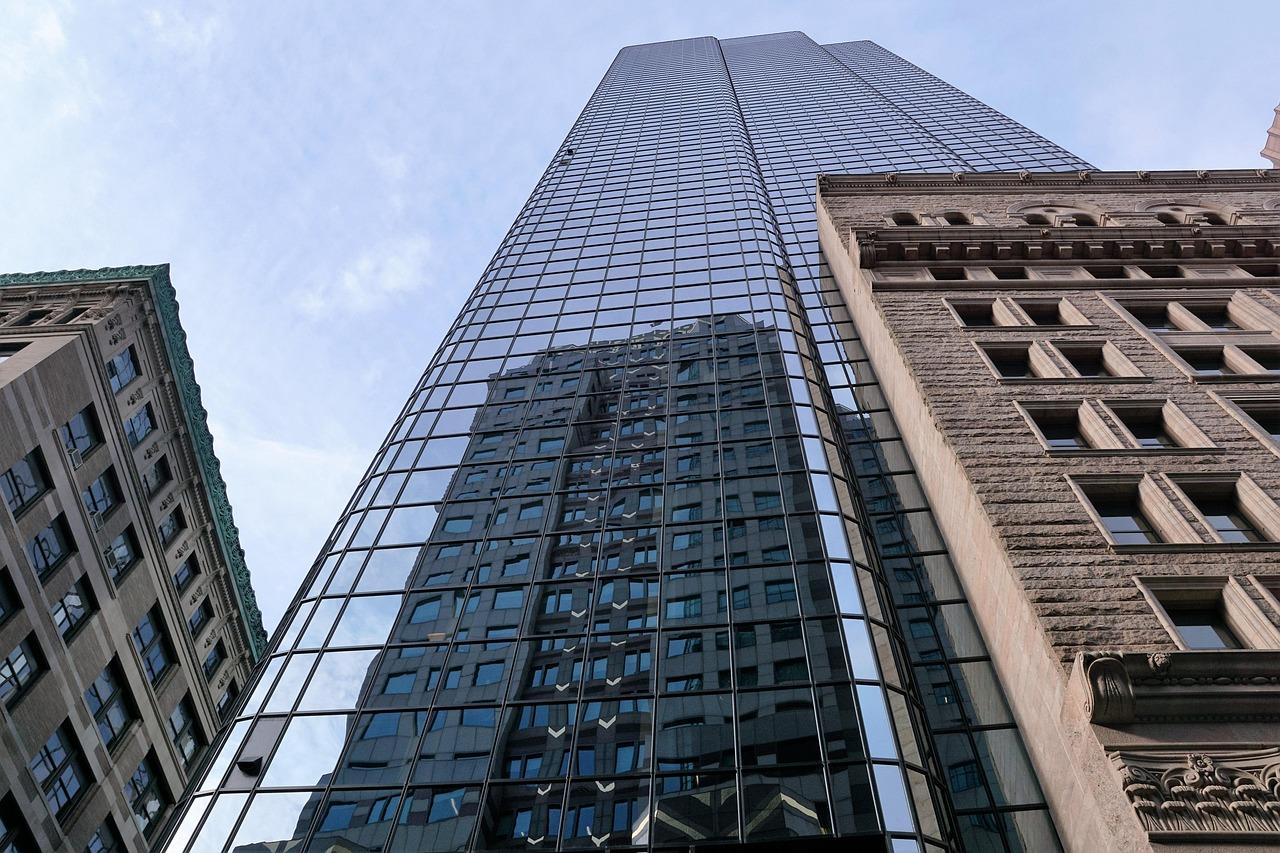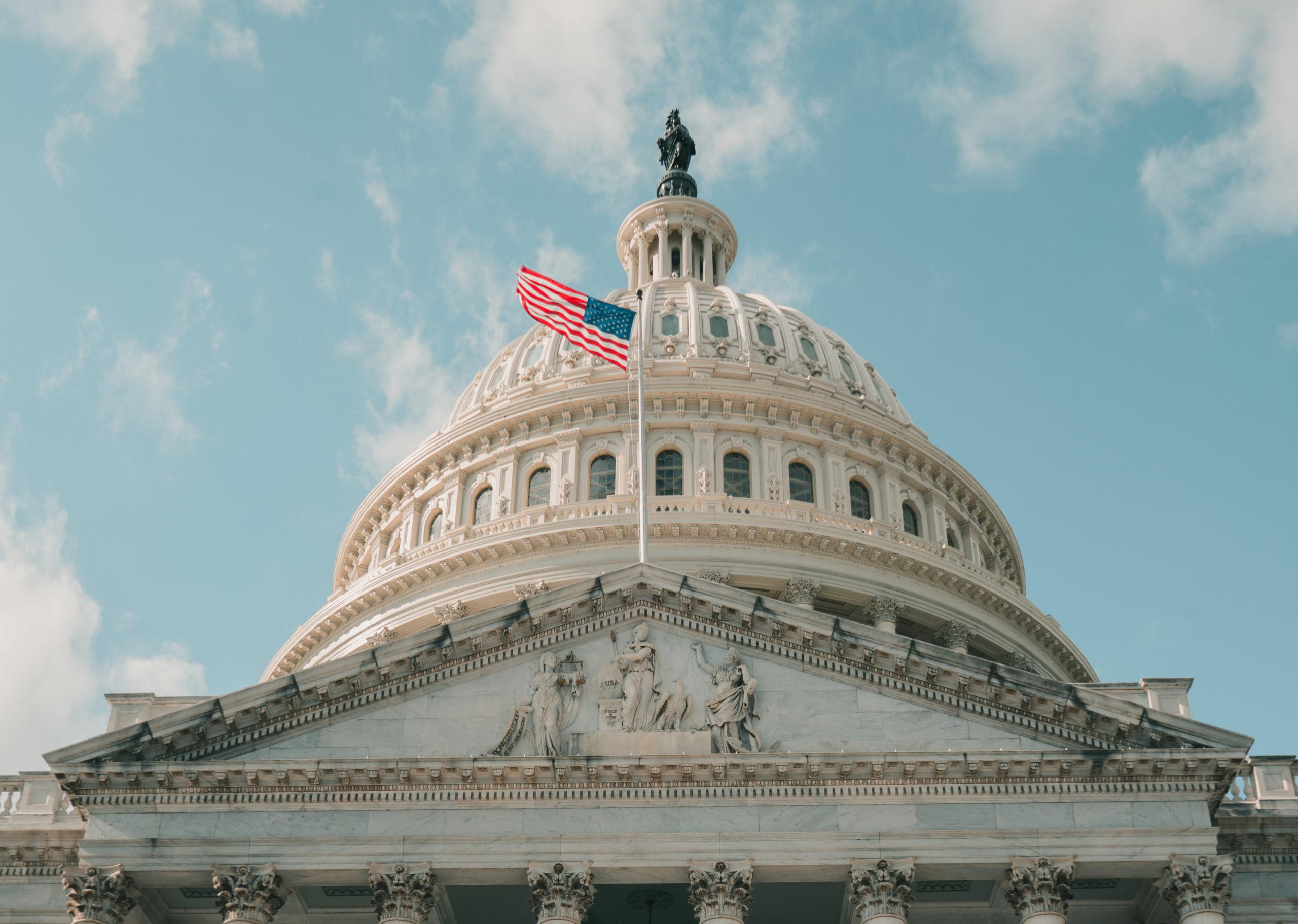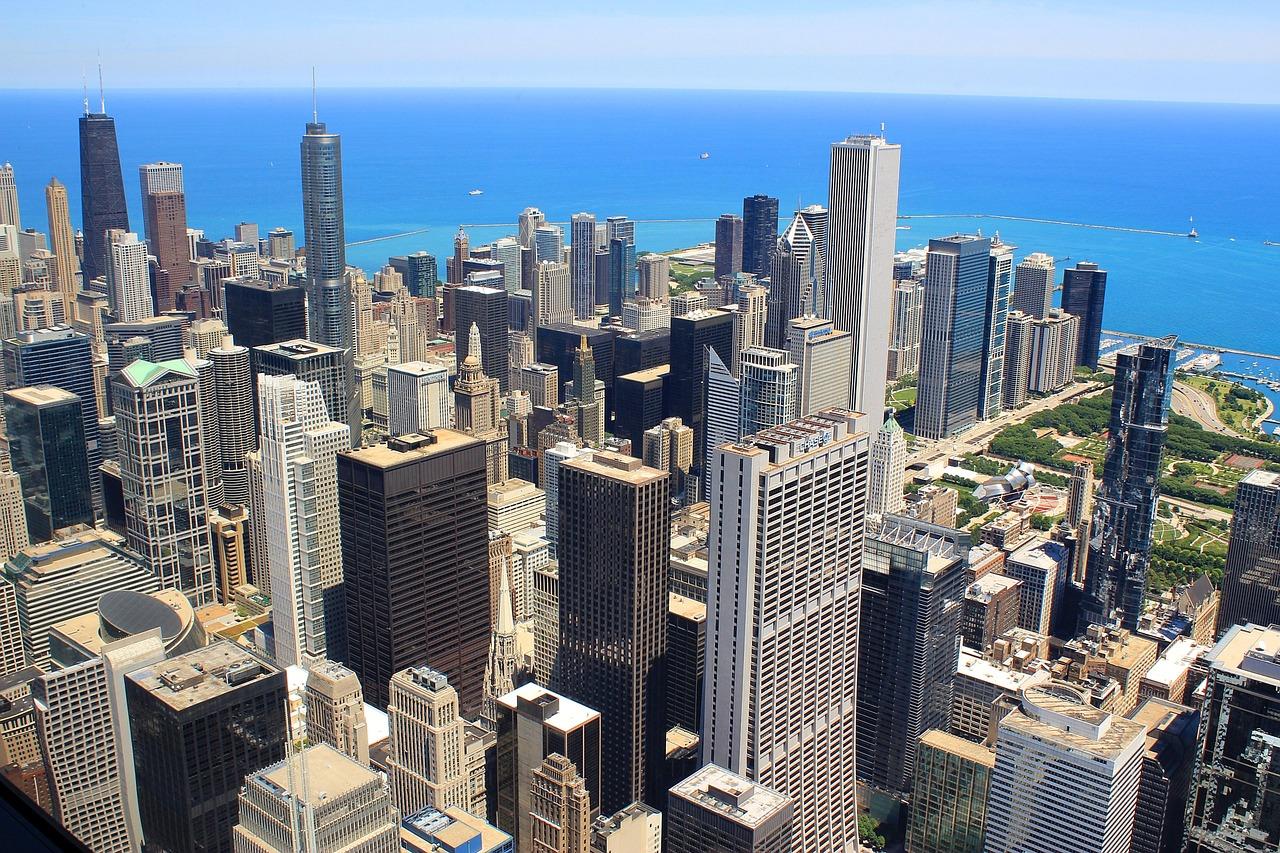
Family-Sponsored Immigration
Overview:
Family-based immigration allows U.S. citizens and lawful permanent residents (LPRs) to sponsor close relatives for Green Cards.
Key Categories:
- Immediate Relatives: Spouses, unmarried children under 21, and parents of U.S. citizens (no visa caps).
- Family Preference Categories: Includes siblings and adult children of U.S. citizens, as well as certain relatives of LPRs (subject to annual caps).
Process:
- The sponsor files a petition (Form I-130).
- The beneficiary undergoes visa processing, which may involve waiting for a visa number if in a preference category.
Who Should Consider:
Those with close family ties to U.S. citizens or Green Card holders.
Employment-Based Immigration
Overview:
Employment-based Green Cards are divided into five preference categories (EB-1 to EB-5). While EB-5 involves investment, the other categories focus on employment and professional skills.
Key Categories:
- EB-1: For individuals with extraordinary abilities, outstanding professors/researchers, and multinational executives.
- EB-2: For advanced degree professionals and those with exceptional abilities. Includes National Interest Waiver (NIW) for individuals whose work benefits the U.S.
- EB-3: For skilled workers, professionals, and other workers.
- EB-4: For special immigrants, such as religious workers or employees of international organizations.
Process:
- Employer sponsorship is typically required, except for self-petition options like EB-1A or NIW.
- Labor certification (PERM) may be needed for certain categories.
Who Should Consider:
Professionals with advanced degrees, unique skills, or employer sponsorship.
Diversity Visa Program
Overview:
The Diversity Visa (DV) Lottery, also known as the Green Card Lottery, offers a chance for individuals from underrepresented countries to immigrate to the U.S.
Key Requirements:
- Must be from an eligible country (countries with low immigration rates to the U.S.).
- High school education or equivalent, or two years of qualifying work experience.
Process:
- Apply during the annual registration period.
- Winners are selected randomly and must complete visa processing within the fiscal year.
Who Should Consider:
Individuals from eligible countries seeking a chance-based path to the U.S.
Asylum and Refugee Status
Overview:
Individuals fleeing persecution due to race, religion, nationality, political opinion, or membership in a particular social group may seek protection in the U.S.
Key Requirements:
- Must prove a credible fear of persecution in your home country.
- Apply for asylum within one year of entering the U.S. (exceptions apply).
Process:
- File Form I-589 for asylum.
- Refugees are processed abroad and enter the U.S. with refugee status.
Who Should Consider:
Those in danger due to persecution in their home country.
Special Immigrant Categories
Overview:
Special immigrant visas (SIVs) are available for certain individuals, including Afghan/Iraqi interpreters, religious workers, and international organization employees.
Key Requirements:
- Must meet the specific criteria of the special category.
Process:
- File the relevant petition and complete visa processing.
Who Should Consider:
Individuals with specialized roles qualifying under special immigrant categories.
The journey to U.S. permanent residency offers various paths, each tailored to different needs and qualifications. Whether you are reuniting with family, advancing your career, or seeking protection, understanding these options is the first step.
Categories:




